10 Vet-Approved Homemade Cat Food Recipes Your Cat Will Love
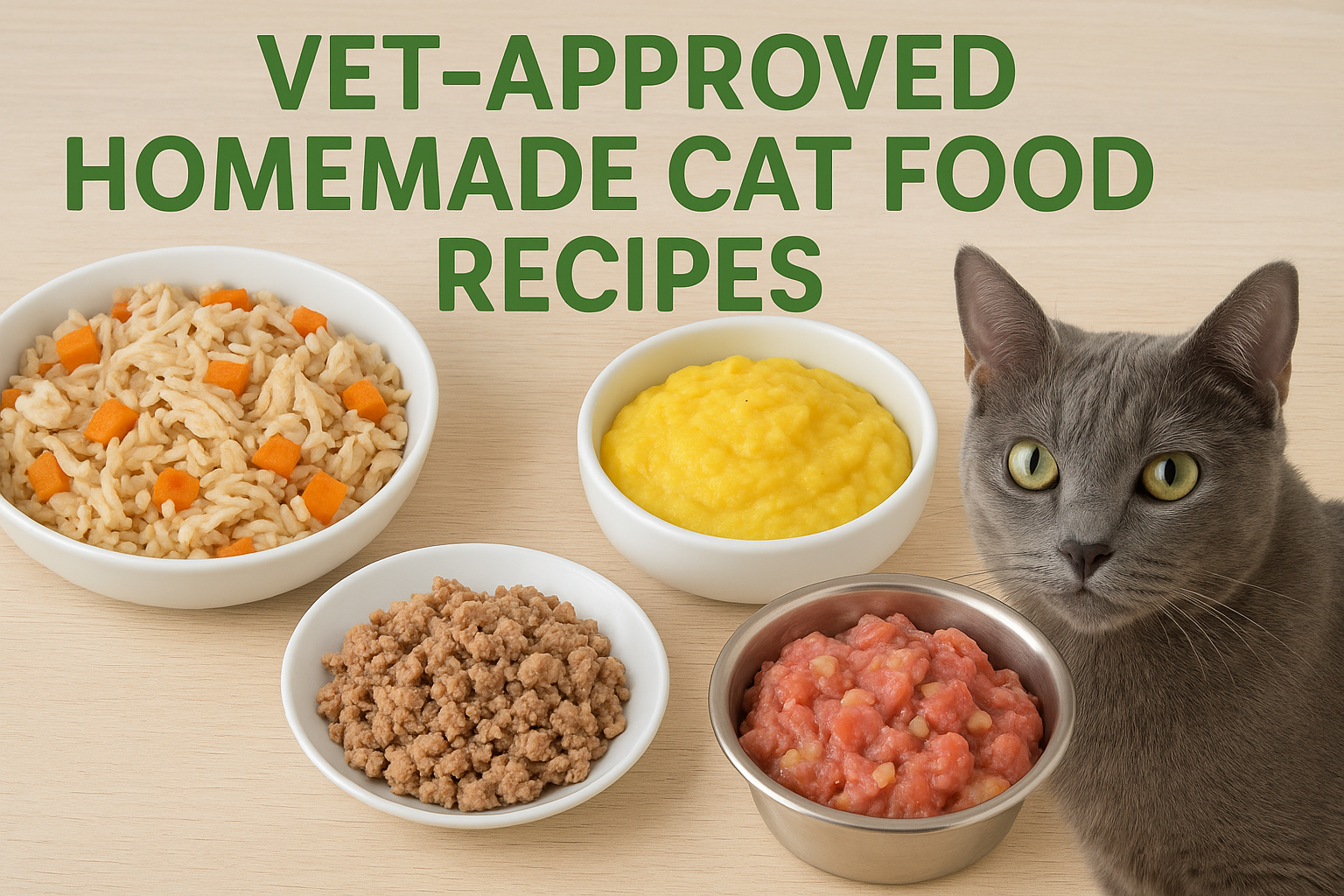
The creation of delicious and nutritious meals for your pet at home is not just an expression of love, it's an important step towards ensuring their wellbeing and well-being. The homemade cat food you make is an opportunity to control the ingredients that are included in the diet of your cat while steering away from additives or fillers commonly found in commercial products. But, creating a balanced diet isn't always as easy as simply opening your pantry. A consultation with a vet is crucial to make sure the recipes you create meet the nutritional requirements of your cat.
This guide will explore the benefits that homemade food for cats can bring. It offers crucial guidelines to follow and offers 10 recipes that are vet-approved that are healthy, simple to make, and, the most important thing is that they are secure and healthy for the cat.
Also Read: Best Treats for Cats in 2025: Tasty, Healthy & Vet-Approved Picks
Why Choose Homemade Cat Food?
In 2025 the number of pet owners in the U.S. are choosing homemade cat food to have more control over the ingredients, less preservatives, and a more personalized diet. But feeding your cat a home-cooked diet is more than cooking meat. Cats are carnivores that have particular nutritional requirements. A balanced diet should include proteins, fats, vital minerals, vitamins and vitamins. Particularly, taurine, which is essential to heart and vision health.
Also Read: Top 10 Best Dog Treats for USA (2025): Top Picks for Healthy, Happy Pets
Key Nutrients Required for Homemade Cat Food
| Nutrient | Importance |
|---|---|
| Taurine | Essential amino acid for heart, vision, and reproduction |
| Protein | Muscle growth, organ health (preferably animal-based) |
| Fats | Energy source, promotes skin and coat health |
| Calcium & Phosphorus | Needed for bone and dental health |
| Vitamin A | Essential for vision, immune health |
| Vitamin E | Antioxidant support |
| B-Vitamins | Nervous system and metabolic support |
1. Chicken, Rice & Carrot Meal
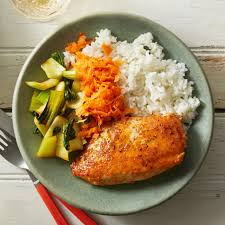
It is ideal for adult cats with no food sensitivities.
Ingredients:
1 cup of cooked chicken breast (shredded skinless and boneless)
One cup of cooked white rice (no salt)
1 cup of cooked carrots (mashed)
1/8 teaspoon taurine supplement (available at pet stores)
1/2 teaspoon fish oil of 1/2 teaspoon (omega-3 source)
Calcium supplement (as per a vet's advice)
Instructions:
Cook the chicken thoroughly, then shred it into small pieces.
Cook rice and then mix in carrots.
Mix all the ingredients.
Add fish oil and taurine when the food is cool.
Keep at room temperature.
Storage: Refrigerate for at least 3 days, or freeze portions in a single freezer.
2. Turkey & Pumpkin Digestive Recipe
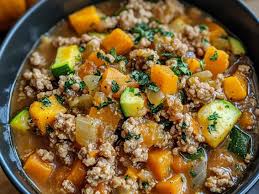
Perfect for cats with sensitive stomachs.
Ingredients:
1 cup of cooked ground turkey (lean skinless, lean)
1/4 cup canned pumpkin (unsweetened)
1 teaspoon cooked spinach (chopped into pieces)
1/8 teaspoon supplementation with taurine
1 teaspoon oil of salmon
Multivitamins and minerals for cat owners
Instructions:
Cook turkey until completely cooked.
Mix in spinach and pumpkin.
Mix in taurine and other supplements following cooling.
Serve immediately or store suitably.
Storage: Store in airtight containers and Refrigerate up to 3 days.
3. Beef & Chicken Liver Combo
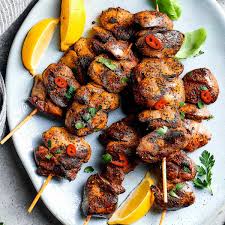
High-protein recipe for active adult cats
Ingredients:
1/2 cup ground beef that is lean (cooked)
2 tablespoons of chicken liver (cooked)
1/4 cup boiled sweet potato (mashed)
1/8 teaspoon of taurine
1/2 teaspoon bone meal powder or calcium carbonate
1/2 teaspoon vitamin E oil (or vet-supplied supplement)
Instructions:
The liver and beef should be cooked separately and avoid any spice.
Mash sweet potato, and mix in meat.
Add the supplements after the mixture has cooled.
Mix well and serve with small pieces.
Storage: Refrigerate for up to 3 days or freeze for 2–3 weeks.
4. Fish & Sweet Potato Dinner
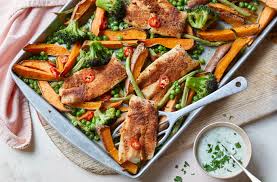
Ingredients:
1/2 cup baked salmon (boneless)
2 tbsp mashed sweet potato (cooked)
1/8 tsp of taurine
1/4 teaspoon Vitamin E supplement (vet-recommended dosage)
1/2 tsp Calcium supplement
Instructions:
Bake the salmon at 350 degrees F for about 15 minutes.
Boil and then mash sweet potato until it becomes soft.
Mix everything in the bowl of a large one.
Include taurine and supplements in the following cooling.
Serve it fresh and save leftovers in the fridge.
Storage: Keep in the fridge for up to 2 days or freeze for up to 2 weeks.
5. Rabbit & Pumpkin Pate
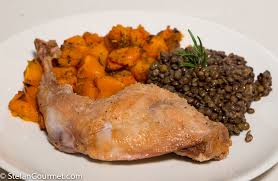
Ingredients:
1 cup rabbit meat (cooked, ground)
1 cup canned pumpkin (unsweetened)
1/8 tsp of taurine
1/4 tsp cat-safe multivitamin and vitamin powder
14 tsp of fish oil
Instructions:
Cook rabbit meat thoroughly and grind or shred.
Mix in pumpkin until it is the texture is soft and smooth.
Add taurine and other supplements following cooling.
Make it a meal to serve as your main dish. Keep extras in the freezer for future use.
Storage: Keep in refrigerator for 3 days, or freeze for 2 weeks.
6. Egg & Tuna Protein Bowl
Ingredients:
1 hard-boiled egg (chopped)
1/4 cup canned tuna in water (no salt)
1/8 tsp of taurine
1/2 tsp olive oil, or fish oil
Pinch powdered by kelp (iodine)
Instructions:
Cut egg into pieces and boil hard.
Remove tuna from the tank and mix it with eggs.
Mix in oil and supplements.
Serve right away. Don't store it for long periods.
Limit to 1–2 times per week due to mercury in tuna.
Storage: Keep in refrigerator for up to 24 hours.
7. Duck & Quinoa Cat Food
Ingredients:
1 cup ground duck (cooked)
1/4 cup cooked quinoa (plain)
1 tablespoon prepared green beans (finely chopped)
1/8 tsp of taurine
1/4 tsp bone meal powder
Instructions:
Cook duck to perfection in the pan (no salt or oil).
Boil quinoa and beans.
Mix all ingredients in the bowl. Cool before adding the supplements.
Mix well, and serve it fresh.
Storage: Refrigerate for up to 3 days or freeze for up to 2 weeks.
8. Chicken, Egg & Spinach Mix
Ingredients:
1/2 cup of boiled chicken thigh (shredded)
1 hard-boiled egg (mashed)
1 tbsp cooked spinach (finely chopped)
1/8 tsp of taurine
1/2 tsp fish oils
1/4 tsp of cat-specific vitamin blend
Instructions:
Boil eggs and chicken; mix after cooling.
Steam spinach lightly, then chop.
Mix all ingredients.
Include supplements and oil.
Mix well, and serve at room temperature.
Storage: Keep in refrigerator for 2 to 3 days. Freeze for two weeks.
9. Lamb & Brown Rice Bowl
Ingredients:
1/2 cup ground lamb (cooked)
1 cup of brown rice (boiled)
1 tbsp cooked beans
1/8 tsp of taurine
1/2 tsp Calcium supplement
One teaspoon omega-3 oil
Instructions:
Cook the lamb in a pan and then drain the fat.
Cook rice and peas in separate pots.
Mix all ingredients, cool and mix in the supplements.
Serve fresh; refrigerate leftovers for 2-3 days.
Storage: Keep refrigerated for up to 3 days, or freeze for up to 2 weeks.
10. Sardine & Chicken Liver Super Meal
Ingredients:
1/4 cup canning sardines with water (mashed bones removed)
1/4 cup of chicken liver (boiled, sliced)
1 tablespoon chopped peas
1/8 tsp of taurine
1/4 tsp vitamin B complex powder
Instructions:
Boil the chicken's liver and then mix it up.
Sardines should be drained and mixed with peas and liver.
Include B-complex and taurine as supplements.
Serve as a protein-rich snack dinner.
Storage: Store in an airtight container in the fridge for 3 days, or freeze for 2 weeks.
Homemade Cat Food Recipes Tips (2025)
Always include taurine. Cats can't make enough of it by themselves.
Supplements are essential: Homemade diets lacking proper vitamins can result in deficiencies.
Avoid these ingredients: onions garlic egg yolks, raw dairy products, grapes, chocolate as well as dog food.
Transition gradually: Mix homemade food with your cat's current diet over 7–10 days.
Talk to your vet: Ask for a diet plan, especially if your cat has medical conditions.
Recommended Supplements for Homemade Cat Food (2025)
| Supplement Name | Purpose | Buy Now |
|---|---|---|
| Rx Vitamins for Pets - Feline Essentials | Full-spectrum vitamins + taurine | Amazon |
| Balance It® Feline | Custom nutrient blend (vet-endorsed) | Amazon |
| Tomlyn High-Calorie Nutritional Gel | Boost calories & vitamins | Amazon |
Frequently Asked Questions (FAQs)
Q1. Can I feed my cat homemade food every day?
A: Absolutely, as long as it's balanced and nutritionally complete. Make sure to use vet-approved supplements.
Q2. Is meat that is raw safe for cats?
A: Raw diets are a subject of debate. A lot of vets recommend cooked meals to eliminate pathogens.
Q3. How much homemade food should I feed my cat?
A: It is contingent upon the cat's weight, age, as well as the level of activity. Most adult cats need 150-250 calories/day.
Q4. Is homemade cat food safe for my cat?
A: The food you make yourself can be considered safe as long as it's nutritionally balanced and has important nutrients like taurine calcium and protein. Always consult your veterinarian prior to making the switch to a diet made from scratch.
Q5. Do I need to add taurine to homemade cat food?
A: Yes. Taurine is a must for cats. It is necessary to add it when the recipe doesn't contain adequate organic meat. Insufficient levels can cause serious problems with the heart and vision.
Comments (0)